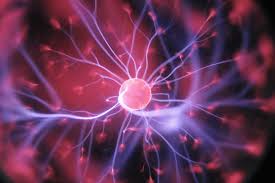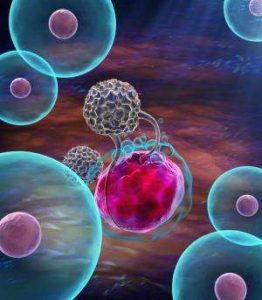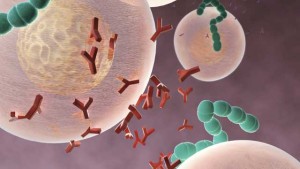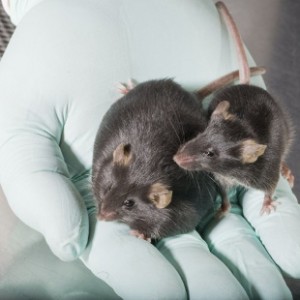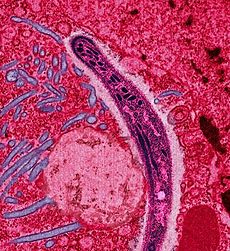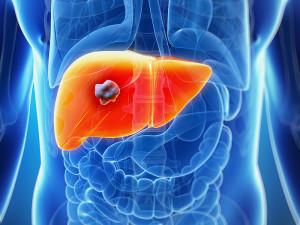Highlights
- •Col1 produced by pancreatic cancer cells is the oncogenic homotrimer variant
- •Col1 homotrimer deletion in cancer cells inhibits pancreatic tumor progression
- •Col1 homotrimer deletion enriches T cells and beneficial tumor microbiome
- •Col1 homotrimer deletion enables the efficacy of anti-PD-1 immunotherapy
Summary
In contrast to normal type I collagen (Col1) heterotrimer (α1/α2/α1) produced by fibroblasts, pancreatic cancer cells specifically produce unique Col1 homotrimer (α1/α1/α1). Col1 homotrimer results from epigenetic suppression of the Col1a2 gene and promotes oncogenic signaling, cancer cell proliferation, tumor organoid formation, and growth via α3β1 integrin on cancer cells, associated with tumor microbiome enriched in anaerobic Bacteroidales in hypoxic and immunosuppressive tumors. Deletion of Col1 homotrimers increases overall survival of mice with pancreatic ductal adenocarcinoma (PDAC), associated with reprograming of the tumor microbiome with increased microaerophilic Campylobacterales, which can be reversed with broad-spectrum antibiotics. Deletion of Col1 homotrimers enhances T cell infiltration and enables efficacy of anti-PD-1 immunotherapy. This study identifies the functional impact of Col1 homotrimers on tumor microbiome and tumor immunity, implicating Col1 homotrimer-α3β1 integrin signaling axis as a cancer-specific therapeutic target.

